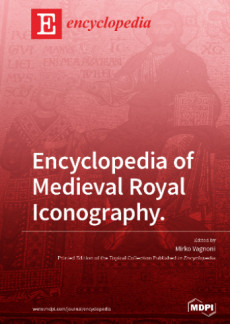Dear Colleagues,
Digital shapes, with increasing relevance and intensity, represent the most varied dimensions of human action; their consequent influence on the social and natural context that surrounds them also makes them a potentially relevant instrument in informing an increasingly sustainable society. They also raise profound challenges with the possibility of reproducing old inequalities and producing new ones at various levels (micro-, meso-, and macrosocial levels).
Encyclopedia of Digital Society, Industry 5.0 and Smart City intends to be an undeniable reference for collecting an entry collection covering diverse digital society and smart city fields, namely topics relating to the importance, relevance, and/or challenges raised by the digital dimension in the various contexts of activity, regardless of the scientific perspective adopted in an inter-, multi-, or transdisciplinary vision.
Dr. Sandro Serpa
Dr. Stylianos Mystakidis
Collection Editors
Please click here to find Guidelines for Submissions.
Volume
Institution: Department of Sociology, Faculty of Social and Human Sciences, University of the Azores, 9500-321 Ponta Delgada, Portugal
Interests: society 5.0; education and sustainability; sociology of organizations; teaching sociology; scientific communication
Institution: School of Natural Sciences, University of Patras, GR-2504 Patras, Greece
Interests: e-learning; distance education; open education; massive open online courses; game-based learning; gamification; serious games; playful learning; problem-based learning; digital storytelling; virtual worlds; virtual reality; immersive education; augmented reality; deep meaningful learning; blended learning; educational technology; technology enhanced learning; learning innovation; personal learning environments
Featured Books
- Encyclopedia of Engineering
- Volume 1 (2023) >>
- Chief Editor: Raffaele Barretta
- Encyclopedia of Social Sciences
- Chief Editor: Kum Fai Yuen





